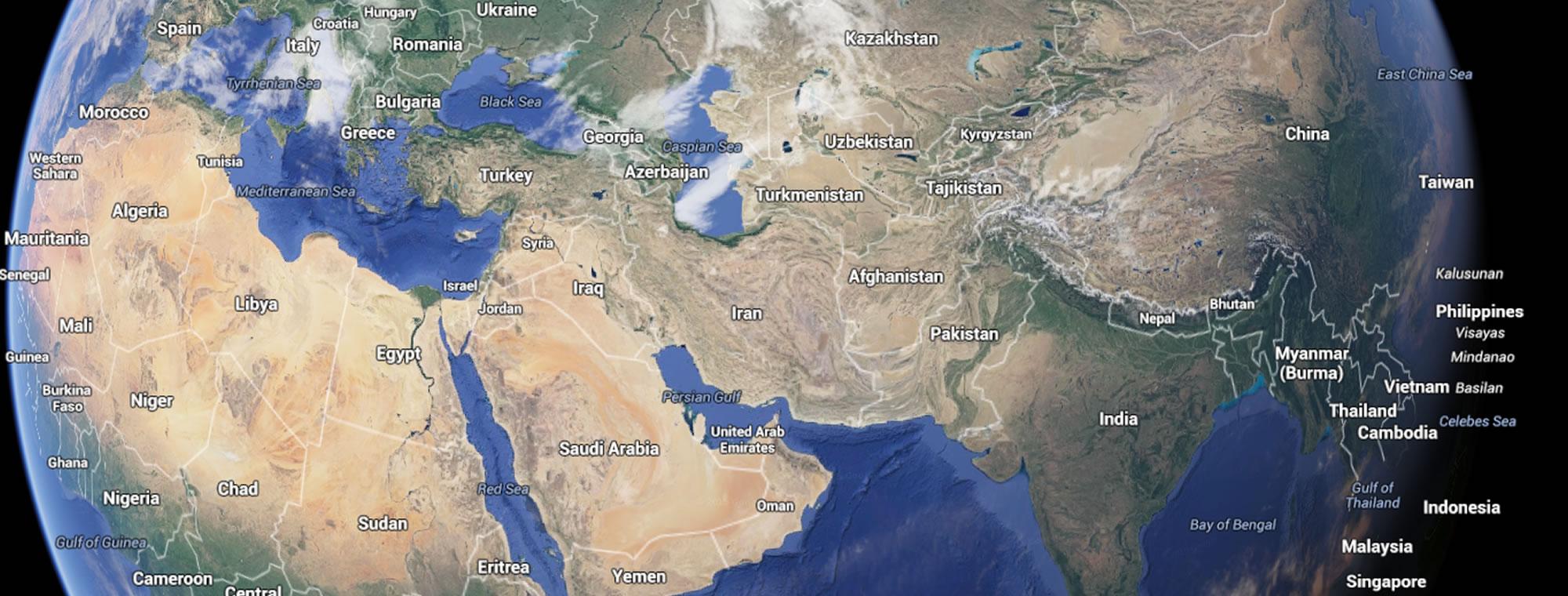Iran Nuclear Agreement
The Iran nuclear agreement was a major victory for national and global security. Negotiated by the US and other world powers, the agreement stopped an Iranian bomb from being developed without starting a new war in the Middle East. Civil society played a critical role in this historic victory.
President Trump has violated the agreement, but the fight isn’t over. The landmark 2015 agreement remains fragile even though it’s working, keeping both US troops and the world safer. As former Secretary of State John Kerry warned, the re-imposition of sanctions could cause the landmark accord to unravel. In the face of these challenges, Ploughshares Fund and its grantees are working harder than ever to protect this important accord from those who seek to undermine it.
Latest News and Analysis on the Ongoing Struggle to Defend the Iran Nuclear Agreement

